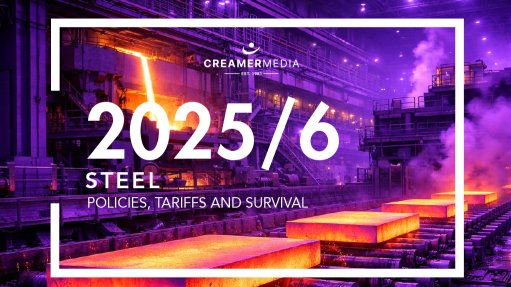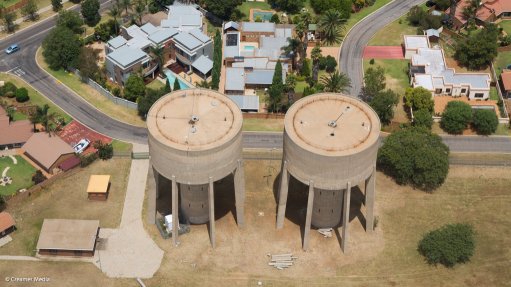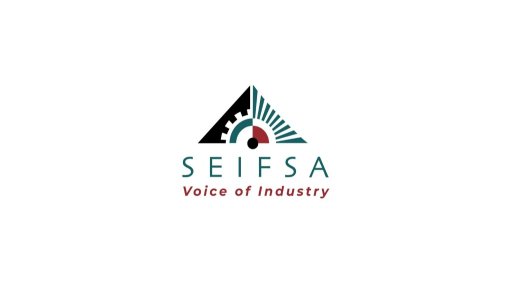Importance of international standards being realised locally
The South African filtration market is slowly following international trends as it realises the importance of using the ISO 4406 cleanliness code to quantify particulate contamination levels per millilitre of fluid to determine its cleanliness, says specialist oil, fuel storage and maintenance systems company IQ Oil Filtration owner Adrian Lane.
He explains that maintenance is the largest single controllable expense in a manufacturing/mining plant. About 80% of all machine failures can be attributed to the contamination of machine oil, but proactive methods, such as offline filtration systems, are saving companies considerable costs every year, as production expenses resulting from the frequent inefficient repairs of equipment and the reduced lifetime of oil are eliminated, he adds.
He notes that, initially, the biggest challenge to the implementation of the International Organisation for Standardi- sation (ISO) cleanliness codes was edu- cating the customer on its importance.
However, as customers are becoming aware of the positive effect it has on the maintenance budget, productivity and energy consumption, they are increasingly appreciating its benefits, Lane says.
Further, he highlights that three types of filters form the core of filter producer CJC’s offline product range and adds that offline purification entails filters having no influence on the opera- tional part of the system it is filtering.
Offline filtration works by taking suction at the base of the tank, which is the dirtiest point of the system, and returning purified oil to the opposite end of the tank. This, in turn, reduces the amount of dirt, water and oxidation in the entire system.
Lane notes that absorption of water takes place in cellulose fibres in the filter, while resin and oil are attracted to, and retained by, the polar sites of the filter mass through adsorption.
“Particle, oxidation and water contamination of an oil system will lead to various problems, which will cause machinery breakdowns, frequent repairs of equipment and reduced oil lifetime,” Lane notes
He adds that the cost of using filters to absorb excessive amounts of water is uneconomical. In cases of small water problems, removal of water by absorption into the insert is economical; however, large amounts of water or continuous ingress of water makes absorption too expensive.
As an alternative, CJC uses coalescing separators for lower viscosity grade oils, and desorbers for higher viscosity grade oils, or oils that are stubborn to demulsification. He notes that both of these technologies do not use any kind of consumable media in the water removal process, which adds an extra dimension to the cost effectiveness of the solution.
He explains that the coalescing process starts in the filter insert. On its way through the cellulose fibres, microscopic water particles aggregate into water droplets, sinking down into the coalescing element.
Lane also highlights that water in oil leads to reduced viscosity, reduced filter ability and lubricity, as well as the formation of rust and bacterial growth, which increases the degradation of the oil, resulting in reduced life cycles of components and the oil.
He emphasises that continuous oil maintenance, according to ISO code standards, ensures a high quality of oil throughout the entire lifetime of the equipment.
The combination of less maintenance, increased productivity and lower energy consumption results in cost and time savings for the company, he concludes.
Article Enquiry
Email Article
Save Article
Feedback
To advertise email advertising@creamermedia.co.za or click here
Press Office
Announcements
What's On
Subscribe to improve your user experience...
Option 1 (equivalent of R125 a month):
Receive a weekly copy of Creamer Media's Engineering News & Mining Weekly magazine
(print copy for those in South Africa and e-magazine for those outside of South Africa)
Receive daily email newsletters
Access to full search results
Access archive of magazine back copies
Access to Projects in Progress
Access to ONE Research Report of your choice in PDF format
Option 2 (equivalent of R375 a month):
All benefits from Option 1
PLUS
Access to Creamer Media's Research Channel Africa for ALL Research Reports, in PDF format, on various industrial and mining sectors
including Electricity; Water; Energy Transition; Hydrogen; Roads, Rail and Ports; Coal; Gold; Platinum; Battery Metals; etc.
Already a subscriber?
Forgotten your password?
Receive weekly copy of Creamer Media's Engineering News & Mining Weekly magazine (print copy for those in South Africa and e-magazine for those outside of South Africa)
➕
Recieve daily email newsletters
➕
Access to full search results
➕
Access archive of magazine back copies
➕
Access to Projects in Progress
➕
Access to ONE Research Report of your choice in PDF format
RESEARCH CHANNEL AFRICA
R4500 (equivalent of R375 a month)
SUBSCRIBEAll benefits from Option 1
➕
Access to Creamer Media's Research Channel Africa for ALL Research Reports on various industrial and mining sectors, in PDF format, including on:
Electricity
➕
Water
➕
Energy Transition
➕
Hydrogen
➕
Roads, Rail and Ports
➕
Coal
➕
Gold
➕
Platinum
➕
Battery Metals
➕
etc.
Receive all benefits from Option 1 or Option 2 delivered to numerous people at your company
➕
Multiple User names and Passwords for simultaneous log-ins
➕
Intranet integration access to all in your organisation


















